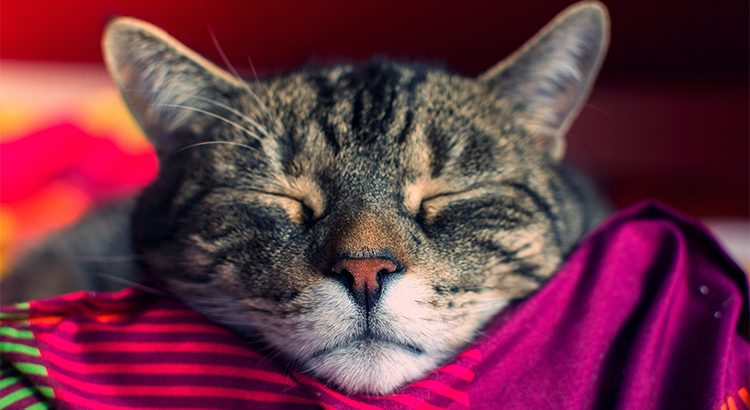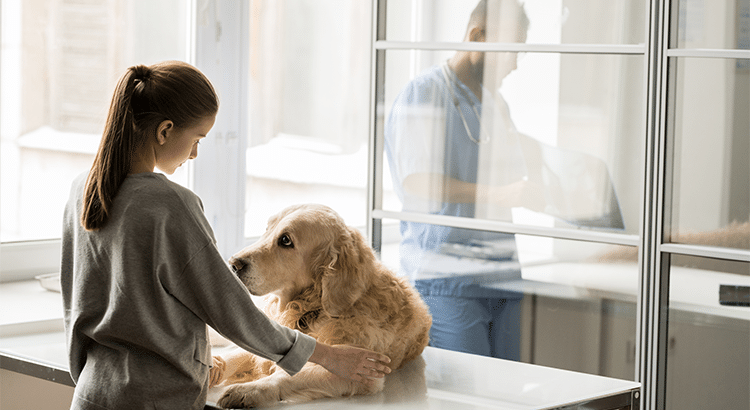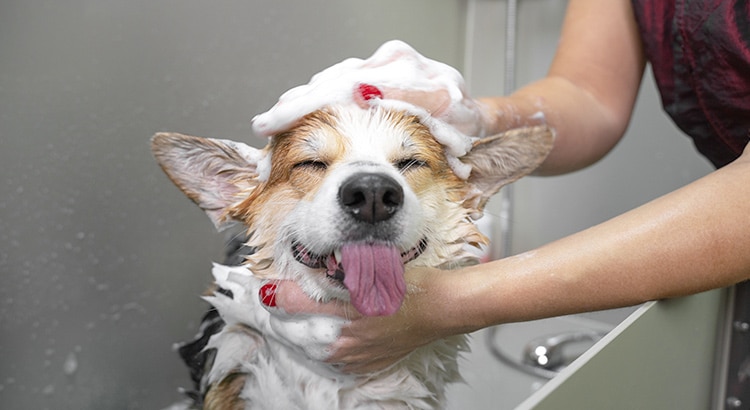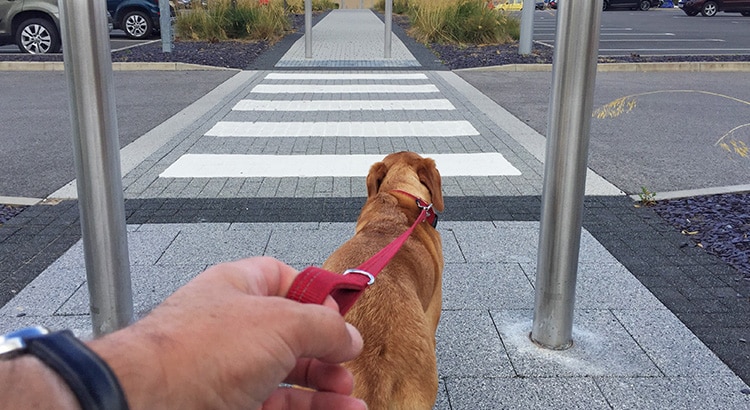
Why Do Cats Sleep So Much?
The answer to the question, “Why do cats sleep so much?” ultimately leads to one recurring answer: They are natural predators. Typically, cats sleep 15 hours a day, and can stretch its sleep to 20 hours. However, there are other factors that contribute to the ongoing daily ‘catnaps’ that ultimately result in these long stretches of slumber. Here we will find out some of the reasons contributing to the reasons cats need so many naps.
Nocturnal Creatures
It might be one factor that cats sleep all day because they are natural predators preparing to hunt at night looking for prey. Ancient breeds of cats mainly were nocturnal, so there might be a possibility that your cat has developed its ancestor’s habit. A domesticated cat mostly maintains a sleep pattern like us, but there is a possibility of a diversion. Cats exercise their predating abilities at night due to:
Energy Conservation
As a predator, cats like to save energy for hunting at night. While they are domesticated for most of their lives, the household feline buddies still carry wild instincts with them. Whether your cat is practicing or training, it will manifest its killer instinct by pouncing on the target prey. This hunting requires an enormous amount of energy. Your kitty sleeps for longer hours to conserve energy for jumping, pouncing, and running behind the prey.
What is the normal amount of sleep for a cat?
The number of hours that your cat needs to sleep and the typical sleeping pattern for your cat will change as they get older:
Boredom
Cats sleep patterns may also be contributed to boredom. When there is no work or activity to do, cats tend to sleep more. You can adjust this by constructing new shelves to climb for your feline friend or by bringing in new toys to keep your pet busy and engaged. Creating a more stimulating environment for your cat should ward off these feelings. Here are ways to improve your cats mental participation:
Not Feeling Well
A cats’ sleep increases when they do not feel well, causing them to be less active due to low energy levels. They spend a lot of their time lying under the bed sleeping for hours, sometimes with one eye open. If your cat is obese, it may exacerbate their need for more sleep, as obesity leads to inactive behavior in cats. Here are signs and symptoms to look for to tell if your cat is sick:
Owners should feel confident their cat is healthy if they are sleeping 15-20 hours per day. However if an owner senses their cat is not well which is contributing to interrupted sleep patterns, it may be time for a visit to the vet. At Pin Paws, we offer pet insurance that can help offset the cost of covered services should your pet require veterinarian intervention. Contact us today or visit our website to receive more information.




